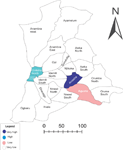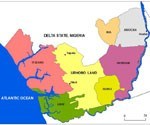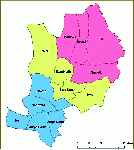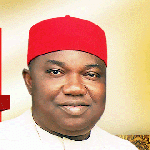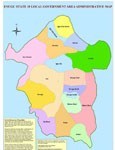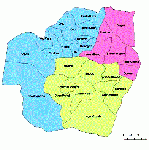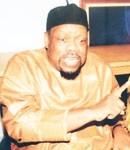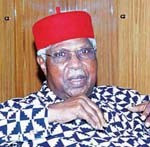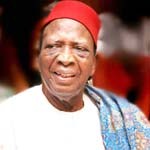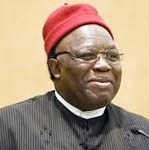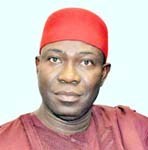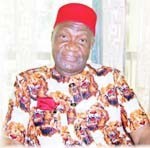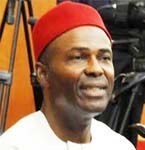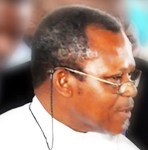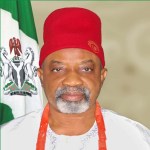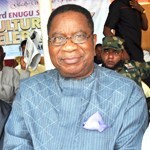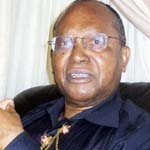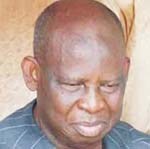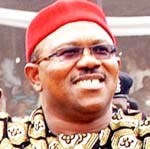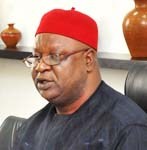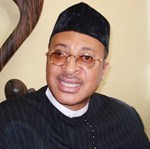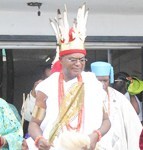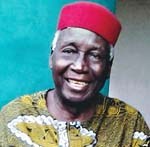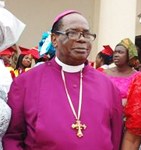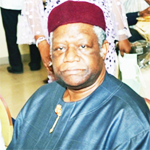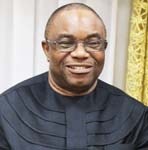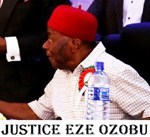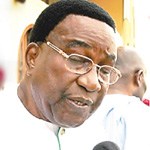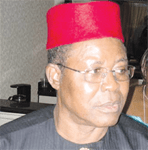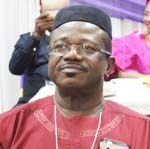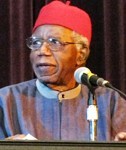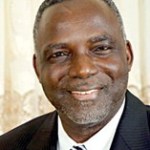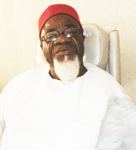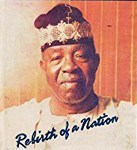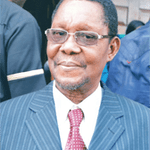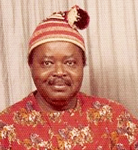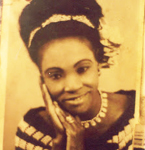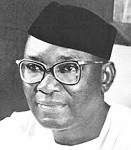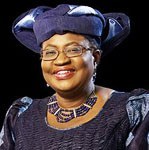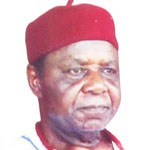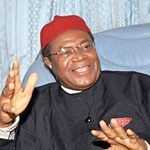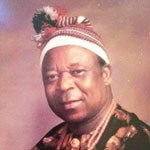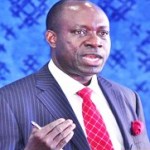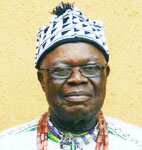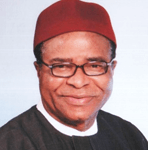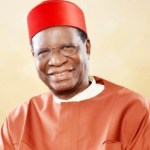Biafra 1966-1970
Mostly written by Combat Genocide Association A Jewish And Universal Organization with the help of Dr Herbert Ekwe-Ekwe
In May, 1967 the Igbo people seceded from Nigeria and declared the establishment of the Republic of Biafra. The Nigerian government decided to set up a land and sea blockade of Biafra in order to starve its population. Between 1966 and 1970 more than two million Igbo people were murdered in Biafra.
Background:
Once a British colony, Nigeria gained its independence in 1960. At that time, there were about 60 million inhabitants from over 250 ethnic groups. The north was primarily inhabited by the Muslim Hausa tribe; the south-west by the half-Muslim, half-Christian Yoruba tribe; and the south-east by the Christian Igbo.
In 1965, vast amounts of oil were discovered in Oloibiri in the Niger River Delta, a region inhabited by the Igbo. One year later, a successful military coup placed Nigeria under the rule of Igbo officers. The Igbo claimed that even though most of the oil was found in their territory, they were receiving only a small portion of the income due to discrimination. In response, the Muslims in the north started an uprising, during which they massacred Christians from the Igbo from the north; the Christians fled south. Thus a cycle of ethnic and economic conflict ensued.
In May 1967, an Igbo colonel declared that the Igbo region was to secede from Nigeria and in order to found the State of Biafra. Only a small number of governments around the world recognized Biafra: Zambia, the Ivory Coast, Haiti, Gabon, and Tanzania. South Africa, Rhodesia, France, and Israel provided Biafra with military assistance. The leadership of the Muslims in the north and the Yoruba in the south refused to accept Biafran’s independence and sent armies to attack the new country. War began.
The Extermination:
After three failed attacks on Biafra, the Nigerian government declared a land and sea blockade on Biafra in order to starve its residents. On May 19, 1968, the city Port Harcourt, the most important port in Biafra, fell to Nigerian forces. As the blockade of Biafra continued, famine began to spread. While the Nigerian forces bombed agricultural lands, Biafra’s military situation quickly deteriorated; only logistical problems prevented the final crushing of the rebellion.
On December 23, 1969, the Nigerian Federal Military Government forces began their final assault. The third Marine Commando Division succeeded in dividing Biafra in two, and the cities Owerri and Ugheli soon fell. On January 13, 1970, the last city under Biafran rule fell to the Nigerian forces, and the leader of Biafra fled into exile on an airplane from the Ivory Coast, leaving his deputy to sign the conditions of surrender.
According to estimates, about 2 million people were killed during the war in Biafra, most of them Igbo. The majority died of disease and hunger, rather than from the fighting itself, and most of them were women, children, and elderly people who did not take part in the fighting at all.
After the Genocide:
At the end of the war, the Nigerian Federal Military Government implemented a number of repressive policies towards the Igbo. Their money was confiscated; each adult, no matter how much he or she had in the bank, received only 20 pounds; and their cities were given to other tribes to rule.
To this day the Igbo suffer from discrimination as it is difficult for them to find employment, their living area has been intentionally reduced, and many Igbo emigrate from Nigeria. Even today, religious violence continues in Nigeria almost each and every day.
Click to read about
Also click to watch the documentary The Disturbances
“The Disturbances” is a feature-length documentary film from EthicsDaily.com, produced by Robert Parham and Cliff Vaughn. Released in September 2016, it chronicles the role of Christian missionaries saving lives in Nigeria in 1966 amid tribal genocide.
It depicts the fate of the Christian Igbo of eastern Nigeria in the hands of the Caliphate north. The events depicted hear ultimately led to the Nigeria/Biafra war (1966/67) in which over 3 million Igbo lives were lost. The sad thing is that those events are repeating themselves in more ominous proportions and the Igbo need help.
For more information, visit thedisturbances.com or contact co-producer/director Cliff Vaughn at 615-720-7577.






